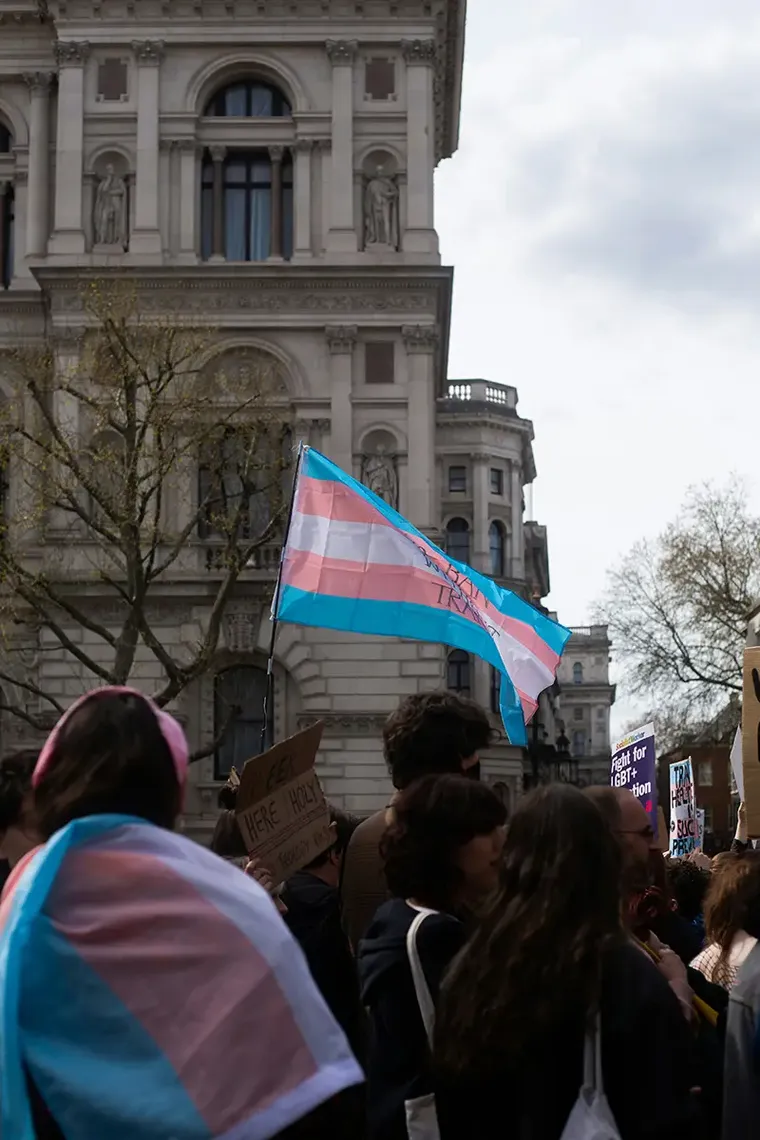Can the government force ministries to speak against their beliefs about gender?
Originally reported in Law & Ministry Update (Vol 2 - July 2025) - case reviewed by the Legal Assist team.
5 min read

Federal Case
Local Implications
Defending Education, et al. v. Sullivan, et al.
A new Colorado law may do just that—requiring ministries and nonprofits to use individuals’ chosen names and preferred pronouns in public-facing services or risk steep civil penalties. While framed as anti-discrimination, the law raises urgent constitutional questions: Can the state compel speech that contradicts a ministry’s religious convictions? And if so, what does that mean for the future of faith-based service in the public square?
What You Need to Know
In May 2025, Colorado passed the “Kelly Loving Act,” a sweeping amendment to its Anti-Discrimination Act that expands protections for transgender individuals. Among its provisions, the law prohibits “deadnaming” (using someone’s birth name) and “misgendering” (using biological pronouns) in places of public accommodation. It also bans any communication—verbal, written, or digital—that implies someone is “unwelcome” due to their gender expression.
A coalition of nonprofits, including religiously affiliated organizations, filed suit, arguing that the law violates their First Amendment rights by compelling them to use language that contradicts their deeply held beliefs. They are asking the court to block the law’s enforcement, claiming it forces individuals and ministries to affirm ideas they do not agree with.
What Your Ministry Can Do
Chronicle Your Convictions: Ensure your ministry’s governing documents, employee handbooks, and public-facing statements clearly articulate your theological convictions on sex, gender, and human identity.
Audit Your Public-Facing Ministries: Review all ministry operations to determine whether they could be classified as “places of public accommodation” under local state law. If so, they may be subject to the law’s speech and conduct requirements.
Train Staff and Volunteers: Equip your team with clear guidance on how to engage the public respectfully while remaining true to your convictions.
Why This Matters
Colorado’s new law presents a deeply troubling precedent. The issue at stake is not simply about pronouns—it’s about whether the government can compel ministries to speak in ways that may conflict with their conscience, mission, or theological convictions. While churches and other spaces used primarily for religious purposes are exempt, other ministry operations—including food pantries, thrift stores, shelters, and counseling centers—may not be. This law opens the door to state enforcement of ideological conformity, where ministries must either comply with government-mandated speech or risk legal consequences. Regardless of where a ministry stands theologically, this case raises urgent questions about the future of religious expression, operational autonomy, and the ability to serve the public without compromising core convictions. If this law stands, it could reshape how ministries function—not just in Colorado, but across the country.
Court: United States District Court for the District of Colorado
Status: This case is in its early stages. No major developments, such as hearings or rulings, have been reported since the complaint was filed.
Date: May 19, 2025
Posted July 2025.
While the information provided in this resource is intended to be helpful, it does not constitute legal advice and should not be used as a substitute for advice from a licensed attorney in your area. Please note that no attorney/client relationship is established through this process, and no legal advice will be provided. We strongly recommend regular consultations with a licensed local attorney as part of your risk management program.